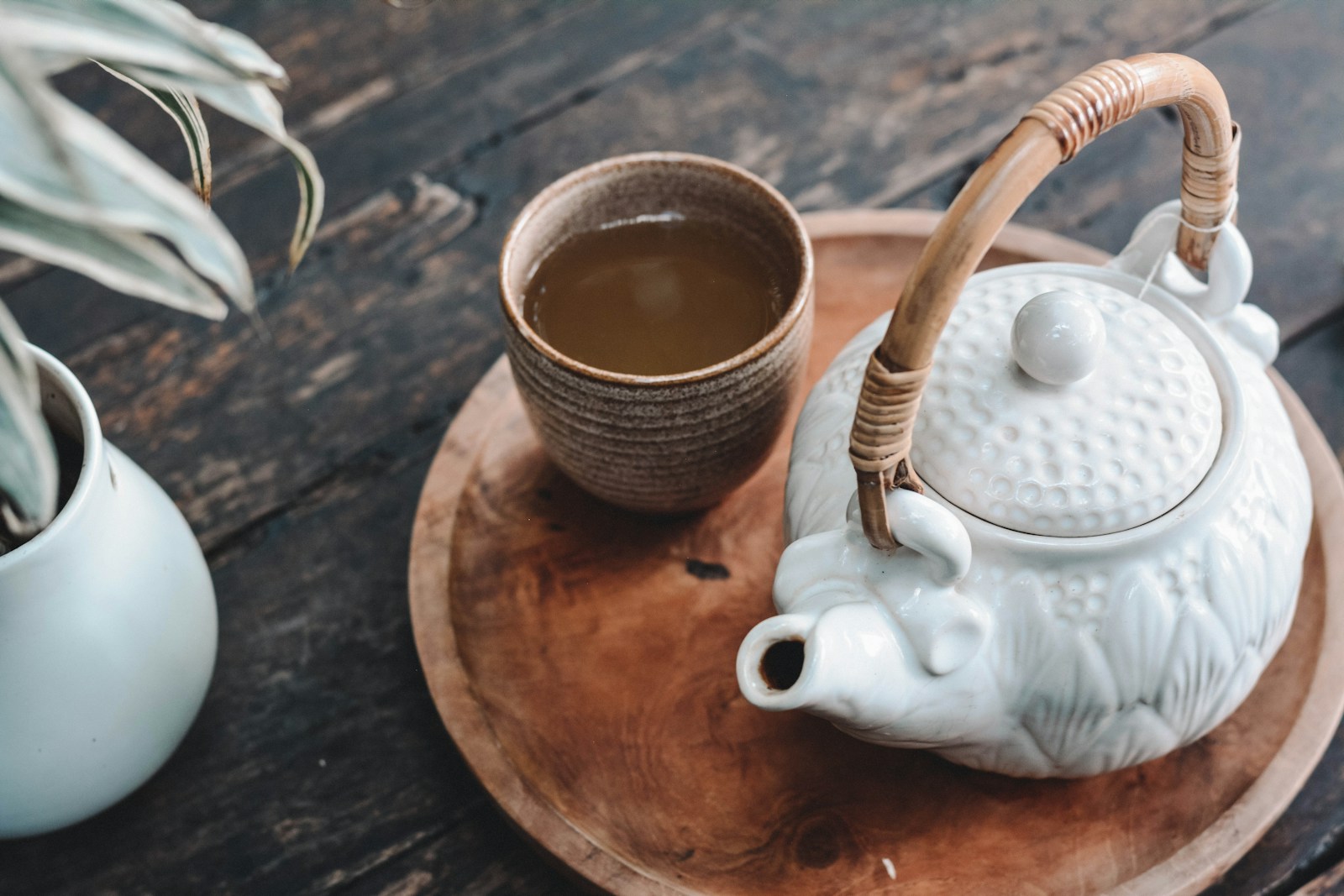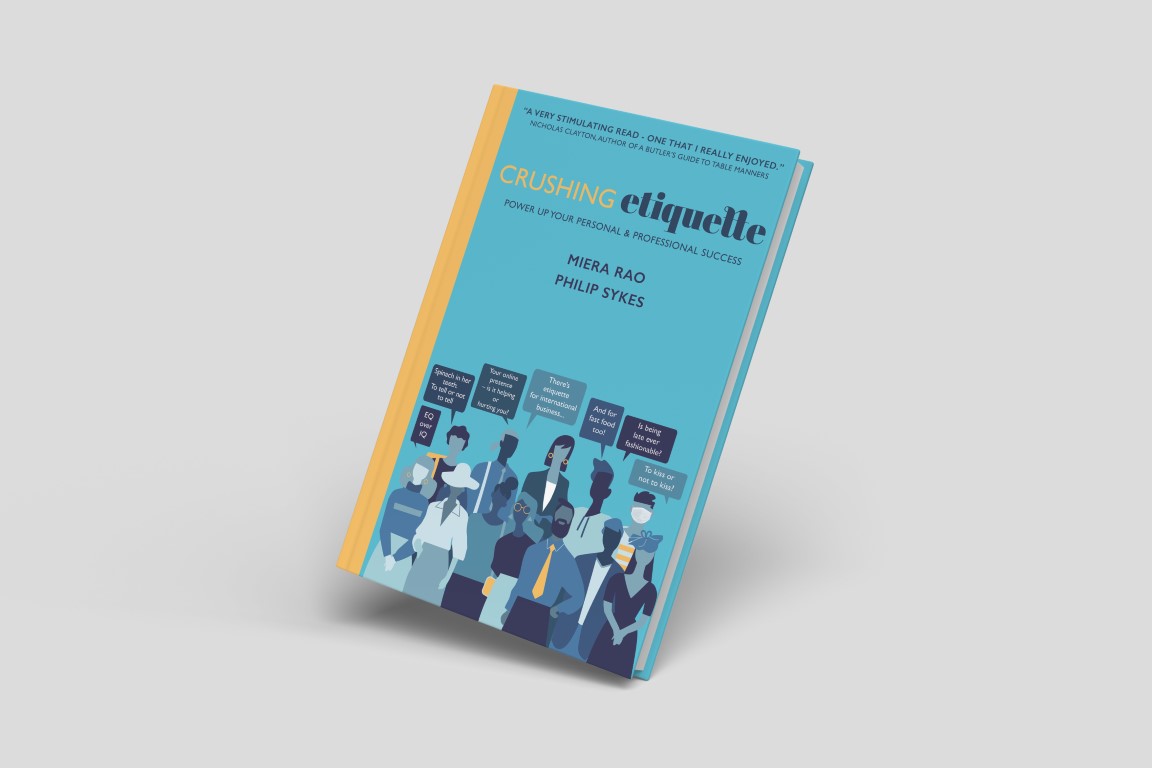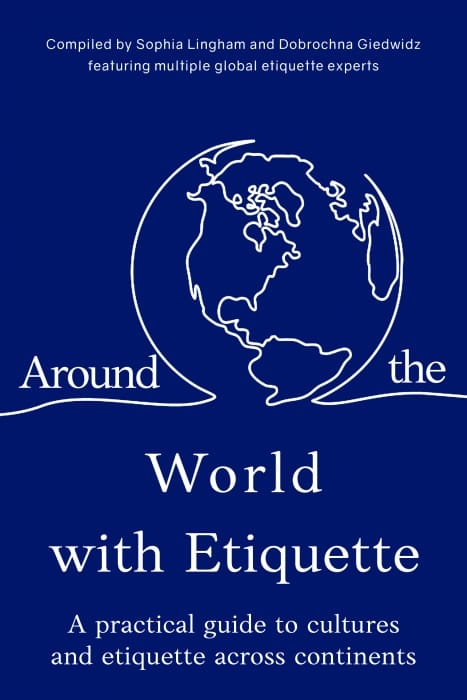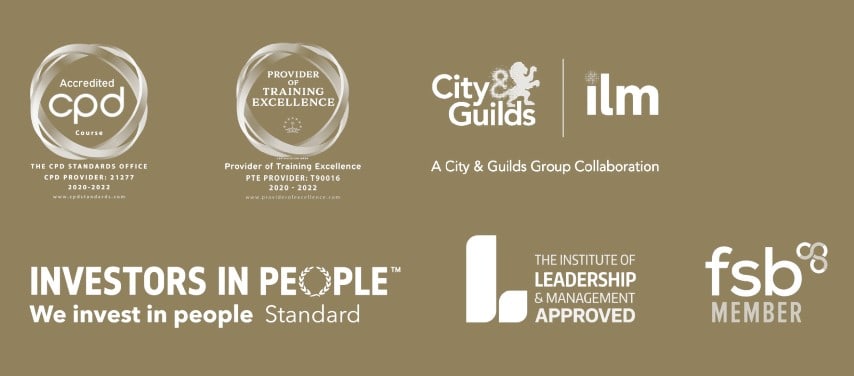War & Addiction
Tea consumption began in China, where written records show it was drunk over 3000 years ago (according to a 2022 study in the journal Chinese Medicine). By the 14th century, tea was its major export, along with silk and porcelain, helping make China an economic superpower.
Its tea was brought to Britain by the East India Company in the 17th century, and became an expensive luxury restricted to the rich. As consumption grew along with the empire, Britain began trading opium for tea rather than paying the Chinese in costly silver. This created a public health crisis in China, and in 1839 triggered the first Opium War. Britain won in 1842, when the Chinese conceded the port of Hong Kong to the British and trade resumed.
Ironically, in Britain tea itself raised concerns about possible addiction – doctors warned that excessive consumption might lead to “nervous disorders”, insomnia and other health problems.
Smuggling & Prostitution
Taxes on tea in Britain lead to a thriving smuggling trade in the 18th century, with tea brought in hidden in barrels with false bottoms and hollowed-out books. Some Victorian “tea houses” became fronts for brothels, and in private homes tea parties were often opportunities for flirtation, leading to rumours and scandal.
British government taxes infuriated subjects in the American colonies, and in 1773 they dumped tea in Boston Harbour in protest in the infamous Boston Tea Party.
Espionage & Exploitation
The British East India Company decided to grow tea themselves, and in 1848 Scottish botanist Robert Fortune was sent to China to spy. Adopting traditional Chinese dress and a plait, he smuggled out tea plants and skilled tea workers, who were settled in Darjeeling, India.
Conditions on the tea estates were often harsh, with long hours for low wages. There have been allegations that poor conditions persist, and in 2019, Oxfam India launched a campaigned for fair wages and better living conditions for tea plantation workers in Assam, India’s largest tea-producing state. However, Indian activist group Legal Rights Observatory countered with accusations that Oxfam was acting for competitors of Indian tea producers, to tarnish the country’s image in foreign markets.
Last year, Assam celebrated 200 years of its tea industry, but production was down, and in April this year, local daily The Sentinel reported that “the production and quality of Assam tea have been a cause for concern for the past few years,” adding, “Circles concerned blame it on fast climate change.”
Who knows where climate change will leave the tea industry in years to come?
“It may be worth pondering and perhaps raising with friends over a cuppa at a tea party of your own on May 21,” suggests Philip Sykes, founder, and principal of The British School of Excellence (TBSOE). English Afternoon Tea is more than just a delightful tradition. It’s a cherished moment where time pauses, conversation flows, and hearts connect over the simple pleasure of a warm cup and sweet indulgence’.
For tips on how best to serve tea, The British School of Excellence holds Afternoon Tea Etiquette courses at their London training venues, or online via Zoom or Skype. It covers everything from fine table settings to the perfect pour. For details and to book visit the Afternoon Tea Etiquette course page.










